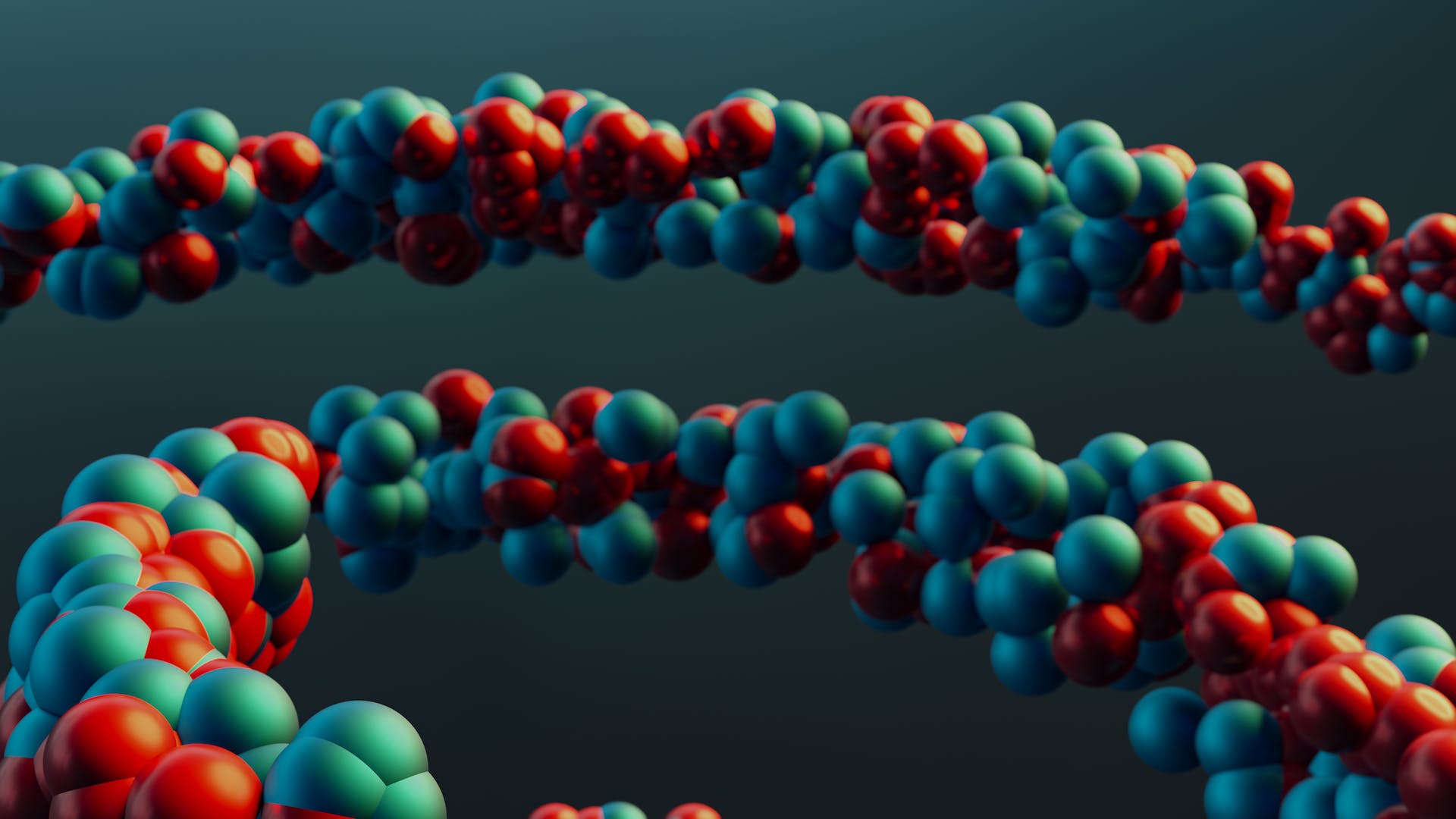Biological Engineering
Biological engineering may sound fancy, but it’s all about using science to solve real-life problems. It mixes biology, engineering, and technology to create cool stuff that helps us in everyday life. In this blog, let’s take a journey into the world of biological engineering and see how it’s changing our world for the better.

Understanding Biological Engineering:
Biological engineering is like playing with nature to make things that help us. Scientists and engineers team up to make new things using what we know about living things and machines. They mix biology, chemistry, and engineering to create amazing stuff that solves big problems.
Applications in Healthcare:
In hospitals and clinics, biological engineering helps doctors treat patients better. Scientists make tiny things that can carry medicine to exactly where it’s needed in our bodies. They even make new body parts for people who need them, like new skin or organs!
Improving Agriculture:
In farms and fields, biological engineering helps farmers grow more food without harming the environment. Scientists make plants that can survive tough conditions, like droughts or pests, so we always have enough food to eat. They also figure out how to use less chemicals to keep our food safe and our planet healthy.
Environmental Sustainability:
It is also good for the planet. Scientists make tiny living things that eat up pollution in the soil and water, making our environment cleaner. They even make fuels from plants instead of oil, which helps us breathe cleaner air and protect our planet for the future.
Challenges and Ethical Considerations:
But, like with anything, there are challenges. Some people worry about changing the genes of living things, thinking it might not be safe or fair. Scientists and policymakers need to be careful and think about how their creations might affect people and the environment.
Looking to the Future:
Despite challenges, the future of biological engineering looks bright. With new technologies like gene editing and bioinformatics, scientists can do even more amazing things. By working together and thinking about how their work affects everyone, biological engineers can keep making life better for all of us.
Biological engineering blends science and technology to create innovative solutions for real-world problems. It encompasses a wide range of applications, from improving healthcare and agriculture to addressing environmental challenges. While it holds great promise for enhancing human lives and protecting the planet, ethical considerations and careful regulation are essential to ensure its safe and responsible use. Looking ahead, continued advancements in biological engineering offer exciting opportunities to tackle pressing global issues and create a better future for all.
It is not just about science; it’s about helping people live better lives. From hospitals to farms, its impact touches us all. As we continue to explore this fascinating field, let’s remember to use it wisely and make sure it benefits everyone, making our world a better place for generations to come.
FAQs
How does biological engineering contribute to advancements in agriculture and food production?
It contributes to advancements in agriculture and food production by developing genetically modified crops with improved traits such as disease resistance, drought tolerance, and increased yield. Additionally, biological engineering techniques are used to enhance the efficiency of agricultural processes, such as soil nutrient management and pest control. For example, genetically engineered crops can produce their pesticides, reducing the need for chemical pesticides and promoting sustainable farming practices.
Can biological engineering help address environmental challenges? If so, how?
Yes, it can help address environmental challenges through various approaches. One example is the use of bioremediation techniques, where engineered microorganisms are employed to degrade pollutants and contaminants in soil and water, helping to clean up polluted environments. Additionally, biological engineering contributes to environmental sustainability by developing biofuels from renewable sources, reducing greenhouse gas emissions, and promoting the transition to a more sustainable energy economy.
What are some examples of recent breakthroughs in biological engineering?
Recent breakthroughs in biological engineering include the development of CRISPR-Cas9 gene editing technology, which allows for precise and efficient modification of DNA sequences in various organisms. This breakthrough has revolutionized genetic engineering and has applications in areas such as medicine, agriculture, and biotechnology. Another example is the advancement of synthetic biology, where scientists design and construct biological systems with novel functionalities, paving the way for the creation of synthetic organisms and biological circuits for various applications.
What ethical considerations are associated with genetic modification and other techniques used in biological engineering?
Ethical considerations associated with genetic modification and other techniques used in biological engineering include concerns about the unintended consequences of genetic manipulation, potential risks to human health and the environment, and questions about equity and social justice in access to genetically modified products. There are also ethical debates surrounding issues such as informed consent, the use of animals in research, and the commercialization of biotechnological products.
How does biological engineering intersect with other fields, such as nanotechnology and robotics?
It intersects with other fields such as nanotechnology and robotics to create integrated systems with enhanced functionality and performance. For example, nanotechnology can be used to deliver drugs to specific targets within the body, enhancing the effectiveness of therapeutic interventions. Similarly, robotics can be integrated with biological systems to create biohybrid devices for applications such as drug delivery, tissue engineering, and prosthetics.
Are there regulatory guidelines governing the use of biological engineering techniques and products?
Yes, there are regulatory guidelines governing the use of biological engineering techniques and products. Regulatory agencies such as the U.S. Food and Drug Administration (FDA) and the Environmental Protection Agency (EPA) in the United States, and the European Food Safety Authority (EFSA) in Europe, oversee the approval and regulation of genetically modified organisms (GMOs) and biotechnological products. These guidelines aim to ensure the safety and efficacy of biological engineering applications and protect human health and the environment.




